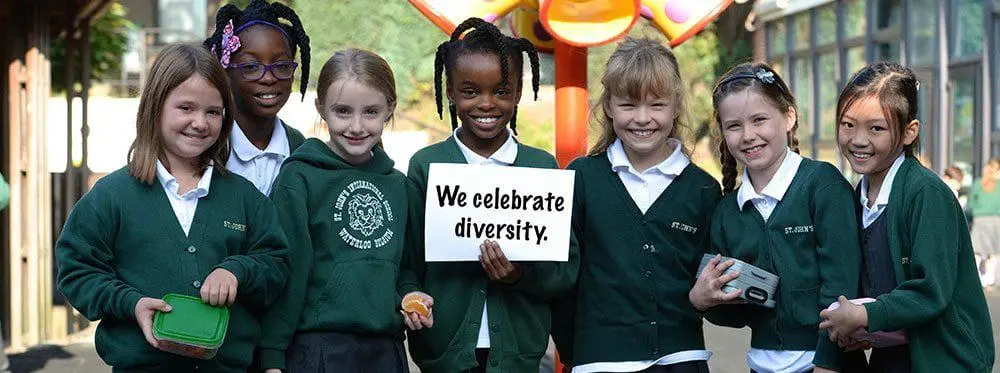Can International Schools Help Reduce Global Conflict? Insights and Perspectives from Around the World
In an increasingly interconnected world, the role of international education has never been more significant. The ability for students to understand and respect different cultures, religions, and beliefs could be a pivotal factor in fostering a more peaceful global community. The question arises: Can international schools help reduce conflict around the world by nurturing a generation of individuals who value diversity and inclusion?
International schools, by design, bring together students from a wide array of backgrounds. They serve as a microcosm of the world itself—students of various nationalities, ethnicities, and religions coming together in a shared learning environment. But what does this kind of education really mean for the future of global peace? Could the experiences students gain in these diverse classrooms truly make the world a better place?
